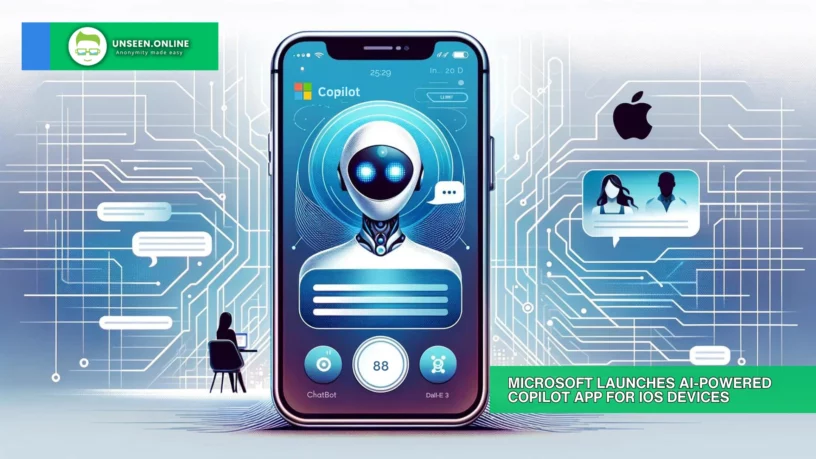Microsoft has made significant strides in the realm of AI with the introduction of its Copilot app for iOS devices. This move comes shortly after the app’s successful launch on the Android platform. The Copilot app, now available in the Apple App Store, supports both iOS and iPadOS, marking a new chapter in Microsoft’s AI-driven applications.
The Copilot app serves as a standalone version of Microsoft’s AI chatbot. It offers various functionalities previously integrated into the Bing app. Users can utilize the app for a range of tasks, including obtaining answers to questions, drafting emails, and creating images. One of the notable features of the app is its integration of DALL-E 3, a sophisticated text-to-image generator that opens up new possibilities for creative and practical uses.
In addition to these features, the Copilot app provides access to GPT-4, the latest language model developed by OpenAI. However, accessing GPT-4 through the app requires a subscription, a nod to the premium capabilities of this advanced AI technology. This integration showcases Microsoft’s commitment to offering cutting-edge AI tools to its user base.
The evolution of Microsoft’s AI offerings can be traced back to the launch of Bing Chat earlier in the year. Originally a feature within the Bing search engine, it was rebranded as Copilot in November. The AI capabilities are not just confined to mobile platforms; they extend to desktop computers as well, with a dedicated web interface and integration into Windows 11 and Windows 10 PCs.
Complementing these developments, Microsoft’s GitHub has also introduced GitHub Copilot Chat. This service, available to both organizations and individuals, leverages GPT-4 to aid developers. GitHub Copilot Chat is designed to facilitate the use of natural language in programming, highlighting an innovative approach to software development. This initiative underscores the broader trend of integrating AI into various facets of technology and everyday tasks.







